
Did you know that your browser is out of date?
To get the best possible experience using our website we recommend that you upgrade your browser to a newer version. The upgrade to the software below is free.
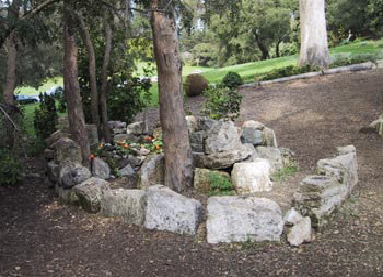

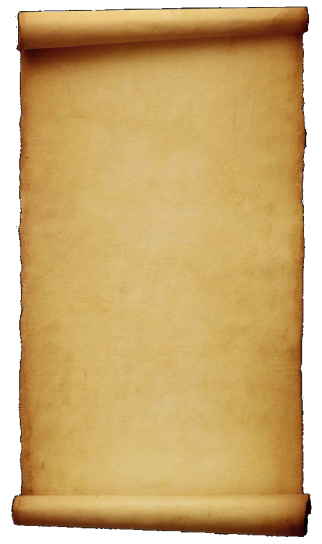
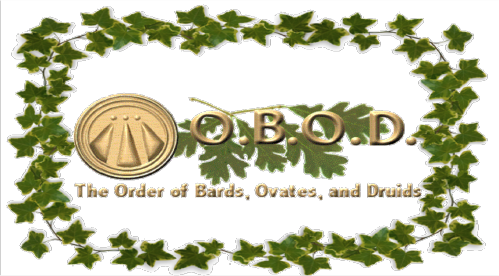
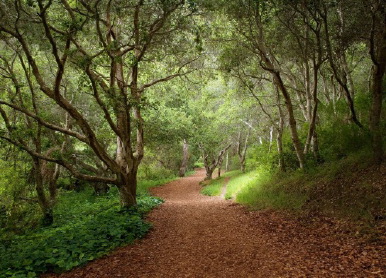
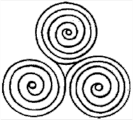

How a Mystical Christian Experiences these Groups
For the meditative Christian, participation in these Druid and Shamanic groups should integrate well with one's existing spirituality. Participation may even deepen and enhance one's experience with prayer and Liturgy. This may seem a paradox at first, given organized Christianity's long and tragic history of animosity towards Paganism and its persecution of Pagans. There is no question that the Christian churches have much to apologize and atone for in this regard; however, a 21st century outlook can be much more positive.
For Christians grounded in the wisdom path of ancient Christianity, integrating Druid and Shamanic practice can be complementary in both the outer community and inner life. On an outer, exoteric level, a Christian might balk at the veneration and propitiation of Celtic divinities, elements, guardian spirits and tutelary entities. A moment's reflection, however, may reveal a deeper truth.
Eastern and Western Christians have since the beginning of their distinctive paths acknowledged a differentiation among 1) the worship of God (the eternal All-Father, the Holy Trinity) as "latria"; 2) the veneration of the Theotokos (Mother of God) as "hyperdulia"; and 3) the veneration of Saints and Angels as "dulia". Thus most Christians have no problem in using the terminology "to pray to God", "to pray to Mary", and "to pray to the Saints" without confusion. A Christian in shamanic practice can recognize these distinctions as well. A Christian oriented Druid can distinguish between worship of the God of Abraham from a veneration of the manifestations of the divine we invoke through elements, seasons, and a myriad of beings in other circles of existence -- just as one does with Our Lady and other saints and angels. (It should be noted as well that ancient Christian apophatic theology acknowledges that God in the absolute is beyond all human conception, even beyond being and non-being. Apophasis rejects defining God and honors God by remaining silent about the divine essence.)
Furthermore, there is nothing in ancient Christianity that rules out the existence of other spiritual beings in addition to Angels and Humans. Most Christian traditions have a strong sense of the iconic nature of the cosmos. This basic respect for the necessary diversity of existence honors the divine in all its manifestations. While the Byzantine Christian theology of icons is the most developed regarding this tradition and outlook, all ancient Christian paths have the same teaching in one form or another.
Therefore, whether the shamanic Christian perceives the entities we invoke as archetypes and projections from our own psyches, or as beings in their own right, there should be no occasion for concern or confusion while working with them as our partners. Once a Christian begins this kind of shamanic work, one will probably begin to discover many ways in which the veneration of pagan elements are present, yet submerged, in the Christian tradition. On the inner, esoteric level, there is a great congruence between Christianity and shamanic practice. While this reality must be experienced in order to be understood, consider an ancient author who knew this truth deeply. Taliesin, the Celtic Bard, put it this way: "Christ, the word from the beginning, was from the beginning our teacher, and we never lost his teaching. Christianity was in Asia a new thing; but never was [there] a time when the Druids of Britain held not its doctrine". And another -- Justin the Philosopher, a second century Christian, taught, "the seed of the Word (Logos) [is] implanted in every people of humanity".
As a seeker delves ever more deeply into the heart of the mysteries of being, one discovers the inner path of harmony with the cosmos -- an integration of the created and uncreated in the great dance of being. Such personal revelations transcend religious differences.